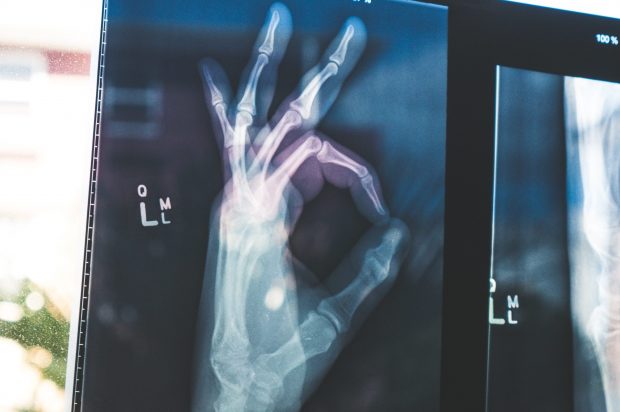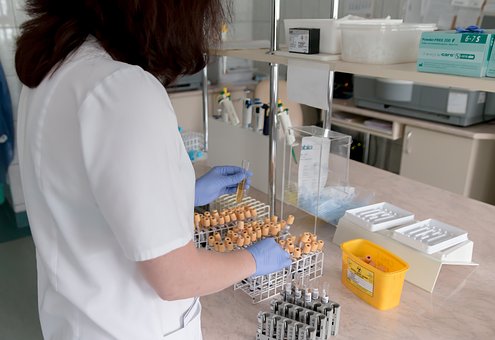How to manage safety reporting in a blinded trial

Guidance on the unblinding and reporting of serious adverse reactions (SARs) associated with comparator drugs

Guidance on the unblinding and reporting of serious adverse reactions (SARs) associated with comparator drugs

The benefits of risk assessment in clinical trial planning and how a more proportionate regulatory approach can overcome potential barriers to completing trials

Clarification on the interpretation and implementation of the GXP DI guidance in the clinical trial setting

Applying risk-adapted approaches – how this worked for a researcher in neonatal trials.

The MHRA Laboratories Symposium will be held on 13 March 2019 at the Novotel in London. Also ... we have recently changed the contact email address for the laboratories inspection group from glp@mhra.gov.uk to gxplabs@mhra.gov.uk
In a bid to drive improved compliance and to cover the cost of managing more resource-intensive cases, the Inspectorate intends to apply the existing office-based assessment fee more broadly.

All early phase clinical trials have risks associated with them that require mitigation. Following not just the legislation but also all the associated guidance will help in maintaining public safety and the credibility of data.

Dose escalation practices should be the same regardless of whether a clinical trial involves healthy volunteers or patients. Good quality data and sound procedures are vital to ensure the safety of all trial subjects.

We often receive questions about GCP training for laboratory staff, which suggests that this is a topic that causes quite a few laboratories issues!

A joint MHRA/HRA statement has been published which sets out the legal and ethical requirements for seeking and documenting consent using electronic methods.